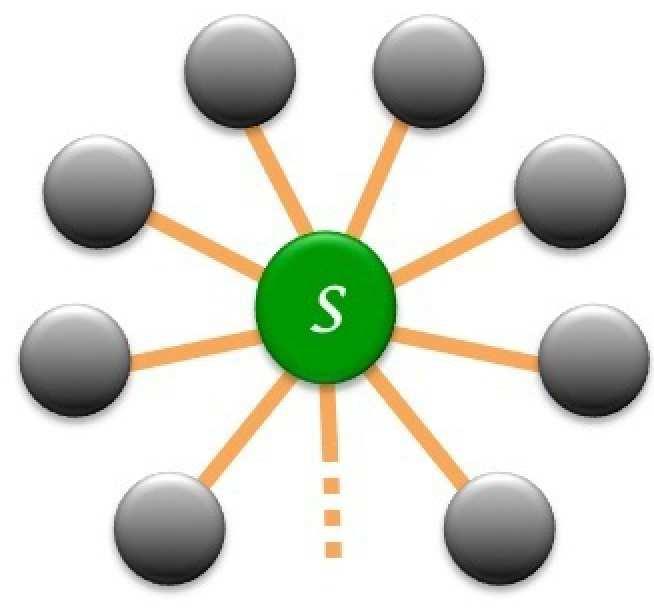
Event date:
Aug
26
2021
3:00 pm
A master equation incorporating the system-environment correlations present in the joint equilibrium state
Supervisor
Dr. Adam Zaman Chaudhry
Student
Ali Raza Mirza
Venue
SBASSE Physics Department, 1st Floor, Left Wing (Feynman), 9-117
Event
PhD Research Seminar
Abstract
The study of quantum systems interacting with their environment - so-called open quantum systems - is extremely important from both applied and theoretical points of view. On the applied side, such systems shed light on the practical implementation of various emerging quantum technologies such as quantum computation, metrology and communication. On the theoretical side, the study of open quantum systems has radically altered our understanding of the quantum to classical transition.
To study open quantum systems, variety of techniques are developed. The most common approach is to use master equations. The idea is to use the joint unitary evolution of the system and its environment and discard the environment degrees of freedom to obtain a differential equation describing the time evolution of the system of interest only. Deriving master equations generally requires making a series of approximations. For example, the system-environment interaction is assumed to be weak, and the system and its environment can then also be considered in an approximately product state. Our key idea is to consider what happens when the total system-environment state is not a product state. We derive a general master equation, correct to second-order coupling strength, that takes into account the initial correlations. The effect of these initial correlations shows up in the master equation as an additional term, thereby demonstrating the effect of the correlations even in the weak coupling regime. We apply this master equation to a generalization of the paradigmatic spin-boson model, namely a collection of two-level systems interacting with a common environment of harmonic oscillators, as well as a collection of two-level systems interacting with a common spin environment. These results are of great importance in quantum control and quantum dynamics.
Reference: https://arxiv.org/abs/2012.14853 (under review in Physical Review A)
To study open quantum systems, variety of techniques are developed. The most common approach is to use master equations. The idea is to use the joint unitary evolution of the system and its environment and discard the environment degrees of freedom to obtain a differential equation describing the time evolution of the system of interest only. Deriving master equations generally requires making a series of approximations. For example, the system-environment interaction is assumed to be weak, and the system and its environment can then also be considered in an approximately product state. Our key idea is to consider what happens when the total system-environment state is not a product state. We derive a general master equation, correct to second-order coupling strength, that takes into account the initial correlations. The effect of these initial correlations shows up in the master equation as an additional term, thereby demonstrating the effect of the correlations even in the weak coupling regime. We apply this master equation to a generalization of the paradigmatic spin-boson model, namely a collection of two-level systems interacting with a common environment of harmonic oscillators, as well as a collection of two-level systems interacting with a common spin environment. These results are of great importance in quantum control and quantum dynamics.
Reference: https://arxiv.org/abs/2012.14853 (under review in Physical Review A)
Alternatively Join Zoom Meeting:
https://lums-edu-pk.zoom.us/j/97355276042?pwd=aU1YbUQvdkZuYmd1UDQ4cUl6bnRRdz09
Meeting ID: 973 5527 6042
Passcode: 745133

